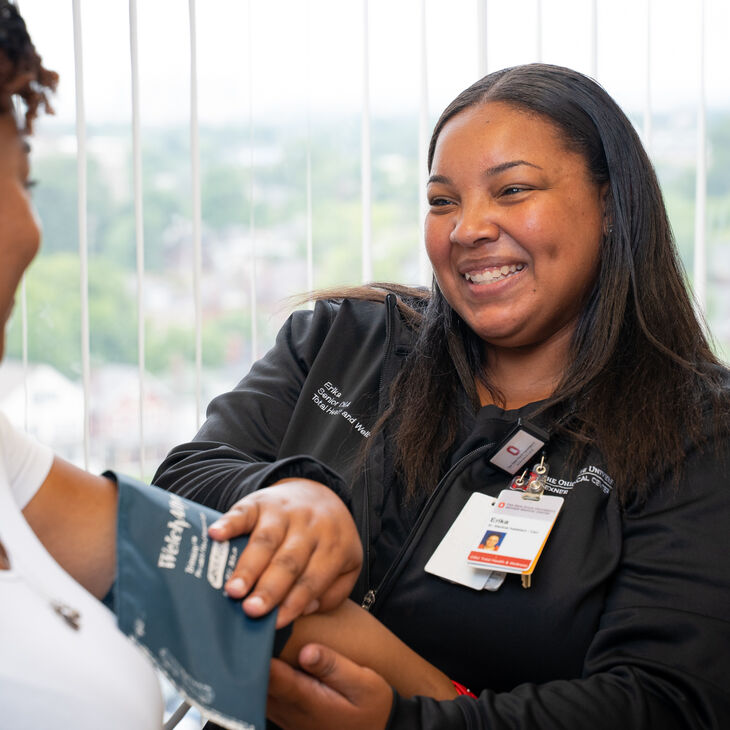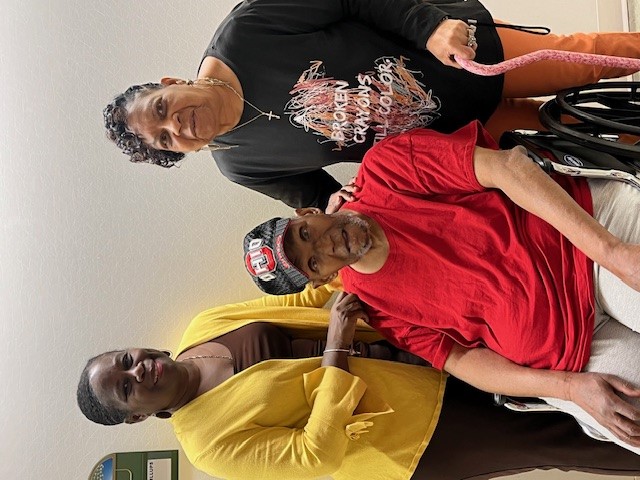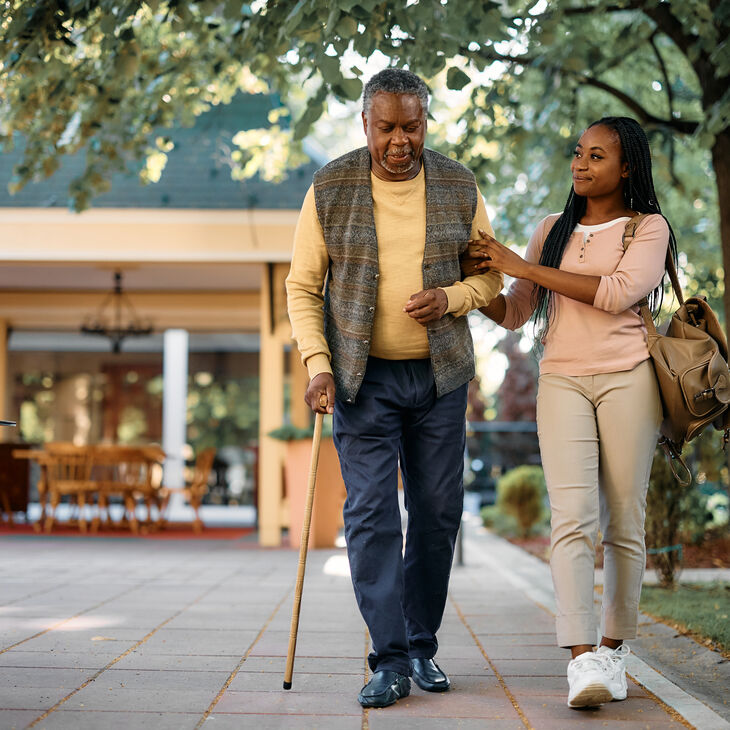by Pat Ford-Roegner
The World Health Organization (WHO) declared 2020 the Year of the Nurse and Midwife in honor of the 200th birthday of Florence Nightingale, the founder of modern nursing. Nightingale became the first female member of the Royal Statistical Society because of her ability to use data to create new standards for sanitation in the army and beyond, thereby decreasing the death rate.
It feels contradictory then, in this special year honoring a pioneer who followed science and evidence to inform care, that major nursing and public health organizations feel compelled to defend the WHO’s credibility during the COVID-19 pandemic. The American Academy of Nursing has declared “our continued involvement in WHO is vital,” and the American Public Health Association said that “only with WHO’s coordination can we accelerate the pace of research and generate the critical science based evidence that is needed save lives in the U.S. and around the world.”
Arguments against the WHO seem to follow a wider, controversial pattern of questioning science, scientists and objective fact borne out of vigorous research. A story in The New York Times in August reported, in part, that “public health officials and healthcare professionals say their advice is being undermined and their jobs are complicated by rampant misinformation on social media about COVID-19.” The Times story points to several deaths worldwide of people who followed incorrect advice to “drink highly concentrated alcohol to kill the virus,” and many clinicians complained of patients who demanded unproven or dangerous courses of treatment, then accused the clinicians of lying when they refused.
The Union of Concerned Scientists is actively tracking how the manipulation of or misinformation about science impacts policy and other everyday decisions. UCS states, “these decisions… must be grounded in fact and evidence … science and democracy are indispensable partners in ensuring the public decisions serve the public interest.”
Misinformation and other overt attacks on science – ranging from halting or editing scientific studies to imposing censorship – complicates how nurses do their jobs, but the mission to provide optimal care for patients does not waver. A July blog published by the Joint Commission on Nursing makes the case for nurse action: “In the age of COVID-19, nurses should be clear about their responsibility to confront misinformation, whenever and wherever it is encountered…..with a singular sense of purpose – one nurse, one patient and one family at a time.”
As flu season nears and battlegrounds are established over vaccinations against both influenza and COVID-19, one fact remains abundantly clear: Safe and effective vaccines are among our best long-term defenses against widespread disease. The Centers for Disease Control and Prevention adopted the U.S. Advisory Committee on Immunization Practices’s recommendation for all persons aged 6 months and older who do not have contraindications to get a flu shot. Misinformation campaigns, however, have taken their toll on the trust that the general population feel for vaccines; a September poll by the Kaiser Family Foundation found that if a COVID-19 vaccine was approved before Election Day and made freely available to anyone who wanted it, 54% of Americans would not want to get vaccinated.
The American Nurses Association Policy Statement on Immunization was recently revised due to COVID-19. Because nurses are still considered the most trusted health professionals for the 17th year in Gallup’s ethics survey, ANA makes very clear that nurses must advocate for, educate and advise patients to adhere to recommended vaccination schedules, explaining their need and public health implications. “Patients’ fears and questions regarding immunizations should be acknowledged, and then answered with evidence-based information. Nurses must emphasize that recommended immunizations are safe and necessary.”
The coronavirus pandemic has placed nursing practice squarely in the public eye. A recent article highlighting the nursing science behind nurses as hospital heroes argues that the irreplaceable work of nurses in direct patient care “is an opportunity to consider the science underlying nurses’ work and what this unseen science offers our healthcare systems and communities.”
Science is a driving force in modern nursing through research, education and the movement to advocate for evidence-based practice. The Ohio State University College of Nursing founded the Helene Fuld Health Trust National Institute for Evidence-based Practice in Nursing and Healthcare with a team of internationally-respected experts to help enhance population health, improve patient outcomes, reduce unnecessary costs and boost clinician satisfaction. As nurses take on the expanding roles in health promotion and communication, misinformation must be overcome by the science, data and evidence that are the keystones to both nurses’ success and patients’ well-being. Science and facts do matter!
Pat Ford-Roegner, RN, MSW, FAAN has previously served as Region IV director at the U.S. Department of Health and Human Services, chief executive officer at the American Academy of Nursing and health policy expert for Amplify Public Affairs.
The Helene Fuld Health Trust National Institute for Evidence-based Practice (EBP) in Nursing and Healthcare dreams, discovers and delivers a healthier world through transdisciplinary education, research and policy focused on evidence-based decision making. It is a national hub for the formation, teaching and dissemination of best practices to improve healthcare quality, safety, costs and patient outcomes. Its offerings include immersions, online modular programs, the only globally-recognized EBP certificate and a one-of-a-kind resource hub called the EBP HQ. The Fuld Institute for EBP is comprised of four cores:
- Academic Core: The goal of the Academic Core is to support creation of evidence-based practitioners through integrating EBP concepts and skills in a meaningful and intentional way across academic programs at all levels.
- Clinical Core: The Clinical Core helps individuals and organizations learn, understand and leverage evidence-based practice and decision making, including how to build and maintain an EBP culture, capacity and infrastructure, as well as how to measure and sustain success.
- Community Core: The mission for the Community Core is to help people use evidence for health decisions by reviewing, screening and disseminating evidence-based information for the public.
- Implementation Science Core: The goal of the Implementation Science core is to advance the use of implementation science and strategies in healthcare to promote adoption and adherence to evidence-based practice with sustainable improvements in care delivery and outcomes.





